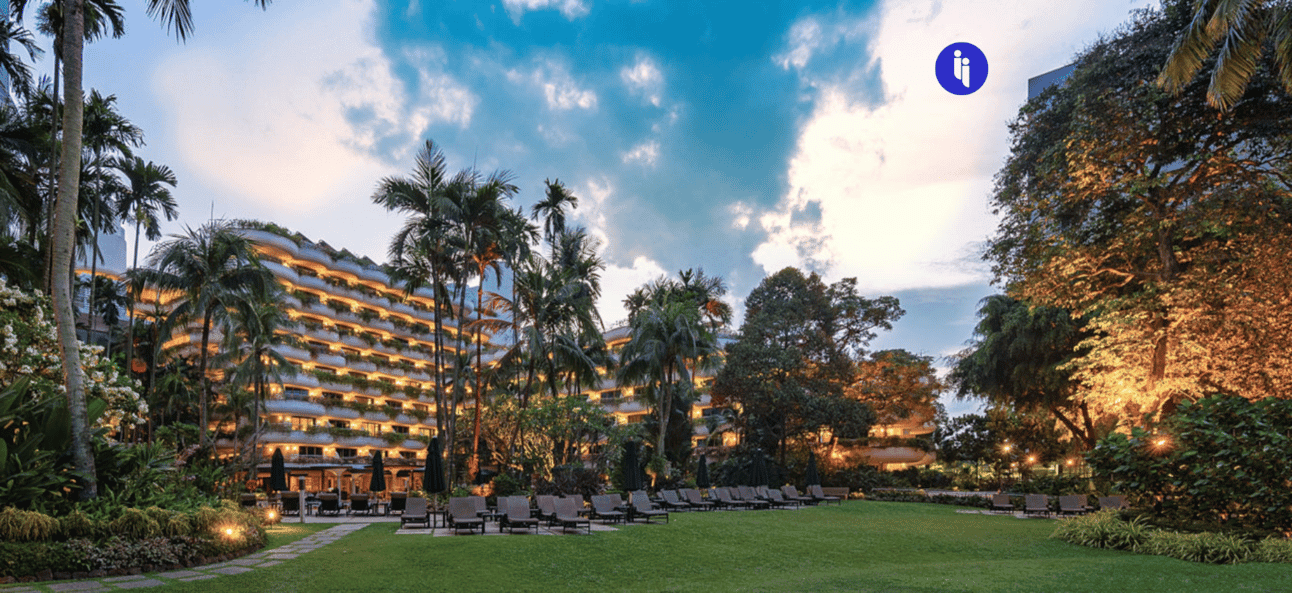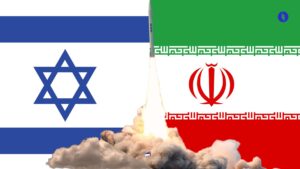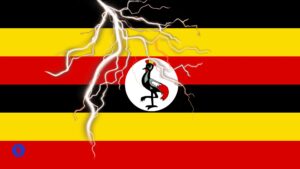The annual three-day Shangri-La Dialogue wrapped in Singapore yesterday (Sunday), bringing together world leaders, generals, and spies from 40 countries.
And this year’s iteration of Asia’s premier security summit, its 21st, was also arguably its spiciest. So here are the five quotes you need to know, and why.
- “If a Filipino citizen is killed by a wilful act, that is, I think, very, very close to what we define as an act of war” – President of the Philippines, Ferdinand Marcos Jr
Marcos delivered the opening keynote, reiterating his (and an international court’s) rejection of China’s claims to 90% of the South China Sea. But this time, his remarks featured two real differences. First, there was his edgy word choice, like directly criticising China’s “illegal, coercive, aggressive and deceptive actions”.
Stay on top of your world from inside your inbox.
Subscribe for free today and receive way much more insights.
Trusted by 134,000+ subscribers
No spam. No noise. Unsubscribe any time.
But second, the bolded quote above really sought to draw a clearer red line with China, something he probably felt he a) wanted to do given the strength of pro-US sentiment among his voters; b) could do given the state of his country’s US alliance; and c) needed to do given China’s recent moves to ban fishing, detain “trespassers“, and water-cannon Philippine ships in the area.
So how did China weigh in?
- “Whoever dares to split Taiwan from China will be crushed to pieces” – Defence minister of China, Dong Jun
What a line, hey? Still, Dong’s aim was to cast others as provocateurs – whether Taiwan’s new president “seeking independence”, Manila playing the “victim” card, or the US (per Dong’s deputies) seeking to stir trouble via an “Asian NATO”.
Having painted that picture, Dong then claimed China was showing “restraint“, was committed to “peaceful reunification” with Taiwan, and would oppose any “cold wars or hot wars“. Interestingly, he also emphasised “Asian wisdom“, implying the US just doesn’t belong in the region.
That’s a lot, and probably reflects Dong’s various target audiences: his spicier lines might’ve been to prove himself back home, where his predecessor is still missing amid rumours of disloyalty. He also would’ve been focused on regional swing states, where China is pitching itself as the solution, not the problem.
So how did the US respond?
- “The United States can be secure only if Asia is secure” – Defence secretary of the US, Lloyd Austin
Austin’s speech really hit two notes: first, by declaring that Asia “has remained our priority theater“, he sought to brush off claims that the US doesn’t belong, or that it’s too distracted elsewhere in Europe and the Middle East.
And second, he highlighted Washington’s “greatest global strategic advantage” (and something Beijing mostly lacks) – alliances, with shout-outs to the growing US security cooperation with South Korea, Japan, Australia and Europe.
And speaking of Europe…
- “It is unfortunate that such a big, independent, powerful country as China is an instrument in the hands of Putin” – President of Ukraine, Volodymyr Zelenskyy
Zelenskyy dropped this line during a surprise appearance late yesterday. His message was surprising, too: for the first time, he directly called out China’s support for Russia’s war, plus what he described as China’s pressure on others to skip this month’s peace summit in Switzerland.
Zelenskky’s aim here was really to build broad support for his peace plan, and thereby isolate Russia and its friends. And it’s interesting that, after two years of biting his tongue in the hopes that China might not back Russia’s invasion, Zelenskyy has clearly reached the conclusion that this ship has now sailed.
So how did smaller countries respond to all this drama?
- “We must avoid a physical conflict in Asia” – Defence minister of Singapore, Ng Eng Hen
After summing up the weekend’s vibes like this, summit co-host Dr Ng also spelled out what he still sees as the solution: it’s our same post-WWII world order, with its international law and institutions, that really “guarantees the security and survival of large nations and small”.
INTRIGUE’S TAKE
A common theme this year was that more folks are now just saying the quiet bit out loud, not only on-stage (see spicy quotes above), but also off-stage: eg, a South Korean professor in the audience triggered applause when he asked this question of China’s defence minister: “how can we trust you when your words and your actions are totally opposite?”
Or look at when Austin got a round of applause when he refused to accept China’s suggestion that NATO’s expansion caused the Russo-Ukraine war.
Now, we’ve seen enough episodes of Two and a Half Men to know that audience volume isn’t always a reliable indicator of content quality. But still, it’s unusual for China’s senior officials to be exposed to this level of live, unscripted scrutiny.
And we can’t help but wonder whether, like Russia since its 2022 invasion of Ukraine, China might soon also be ‘too busy’ to attend Shangri-La again.
Also worth noting:
- India was (again) absent this year. Delhi blames its elections, though others see it as evidence of the continued limits around India’s influence in the region.
- On the first day of the conference (Friday), China’s foreign ministry confirmed it won’t attend this month’s peace summit in Switzerland, saying it should include Russia (which hasn’t been invited, though has also described the summit as “pointless”).








